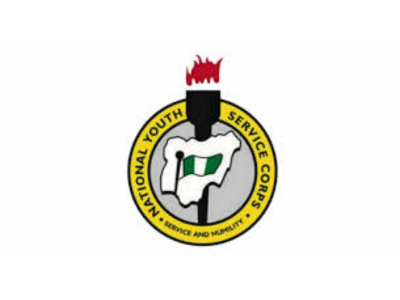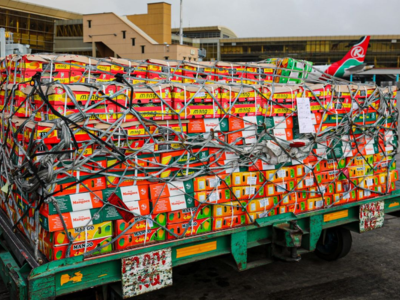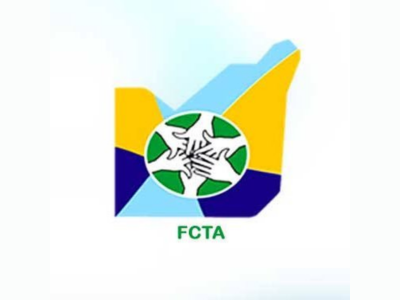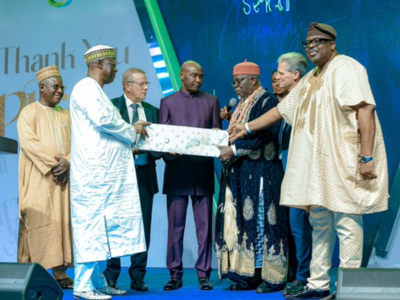MAN, Dangote Press for Ironclad Laws Behind 'Nigeria First' Push
- by Editor
- Oct 17, 2025

Credit:
Nigeria's manufacturing giants are calling for swift legislative muscle to lock in the "Nigeria First" policy, a blueprint they say could supercharge local production and wean the economy off crippling imports—if lawmakers deliver enforceable rules without delay.
The plea came on Thursday from the Manufacturers Association of Nigeria's annual summit in Lagos, where MAN President Francis Meshioye and Dangote Group chief Aliko Dangote laid out a roadmap for turning ambition into action.
Meshioye, wrapping the 53rd AGM themed "Prioritising Made-in-Nigeria," warned that without binding laws and a N1 trillion stabilization fund, the initiative risks fizzling like past drives. "Compliance should be tied to performance metrics monitored by a well-resourced National Bureau of Procurement," he said, framing it as essential for survival in a cutthroat global race.
Dangote, speaking through former MAN president Mansur Ahmed at the fifth Adeola Odutola Lecture, echoed the urgency with eight non-negotiables: Punitive legislation to outlast political shifts, a national supplier registry, consumer buy-in campaigns, backward integration incentives, infrastructure overhauls, finance access for locals and AfCFTA exploitation. "The Nigeria First Policy is a bold opportunity to industrialise sustainably," he stressed, noting manufacturing's outsized GDP ripple—every job spawned three more—yet lamenting its squeeze from forex woes and energy costs.
The gathering, attended by policymakers and industry heavyweights, spotlighted the sector's slide to 9% of GDP amid import bills topping $60 billion yearly. Meshioye hailed Tinubu's reforms but urged no hesitation: "The future of our manufacturing sector, and indeed our economic sovereignty, depends on our collective resolve."
Dangote added that without these pillars, Nigeria can't compete: "Every nation is in a race to improve living conditions... The Nigeria First policy, if embraced, will place us in a very competitive position."Critics, including economists, caution execution pitfalls could stall gains, but backers see it as timely salvation for a sector battered by naira volatility.
As the policy awaits parliamentary backing, the clock ticks on whether lawmakers will act—or let another blueprint gather dust.













0 Comment(s)